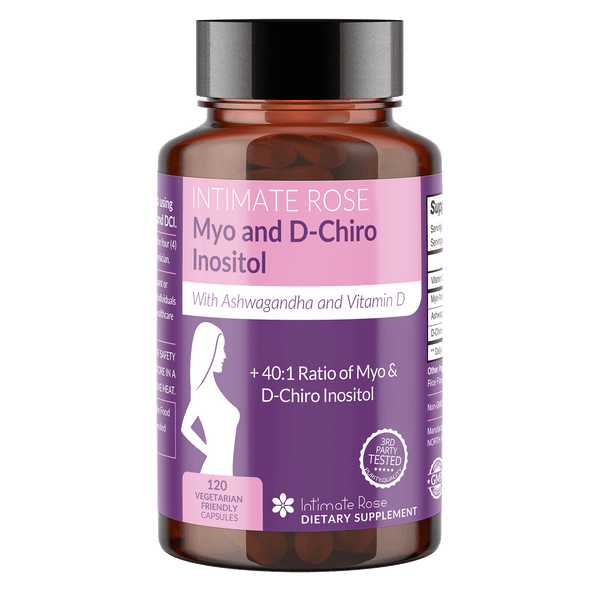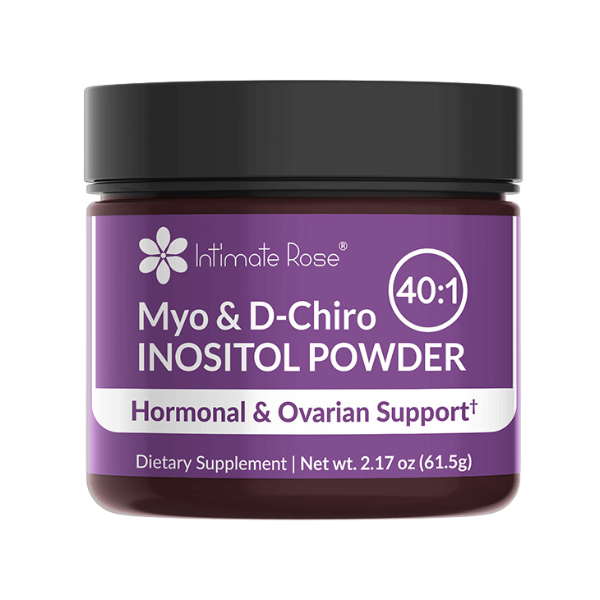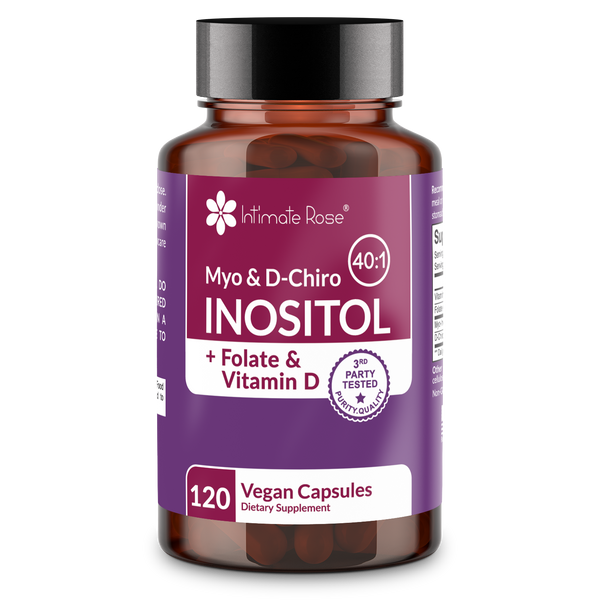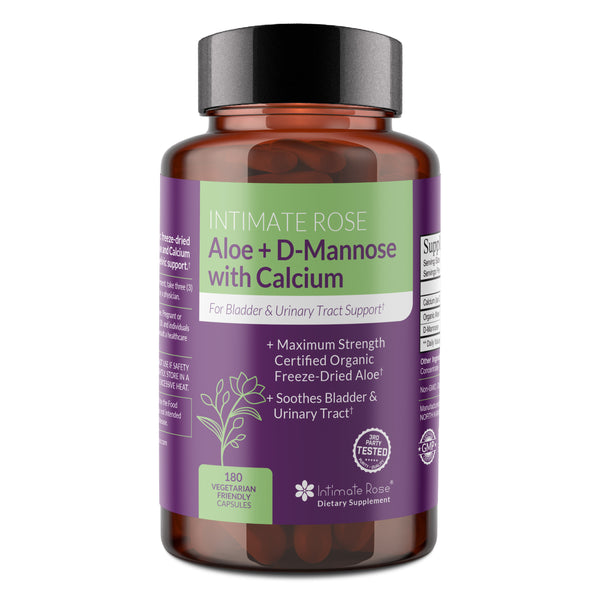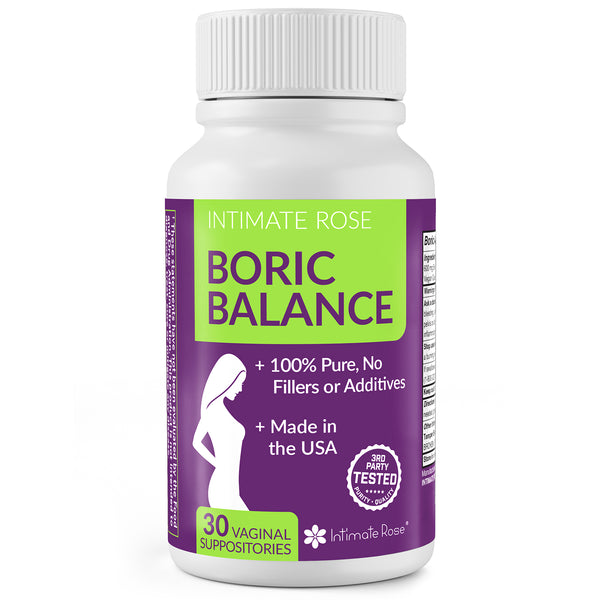Feminine Odor | Fishy Smell | Rotting Smell | Metallic Smell | BO Smell | Sour Smell | Remedies | Conclusion
Why Does My Vagina Smell?
A vaginal odor can be caused by several factors, including natural bacteria, hormonal changes, infections like bacterial vaginosis or yeast infections, poor hygiene, or dietary influences.
Furthermore, odors are unique to every woman and it is also normal for healthy odors to naturally vary during menstruation, pregnancy, or menopause, as well as after exercise or sexual intercourse as pH levels change.
Considering that the vagina contains billions of bacteria, a slight smell like a light musk or mild fermented milk, is usual. But if the odor becomes unpleasant and burning, vaginal itching or discharge also occurs, it could be time to see a doctor about treatment.
Read on to learn more about some of the most common vaginal odors and why they cause you to smell down there.

Things Off Down There?

Things Off Down There?
Fishy Smell
Bacterial Vaginosis (BV) is the most common cause of unpleasant vaginal odor in women aged 15 – 44. It is an infection in the vagina due to an overproduction of bacteria and emits an odor that is similar to decomposing fish and more rarely an odor more closely related to ammonia.
The naturally acidic environment of the vagina usually aids in keeping the bacteria and yeast growth balanced. Changes in the vaginal pH, however, can upset this balance and lead to an infection, which can cause a burning sensation, itching, and sometimes discharge along with the fishy odor.
Vaginal boric acid suppositories, like the Intimate Rose Boric Balance, are often used to treat BV and restore a healthy pH balance in the vagina, as well as eliminate odors, and reduce the risk of further infection.
Trichomoniasis is a sexually transmitted infection (STI) that also causes a fishy vaginal odor. It can often be stronger than the odor associated with Bacterial Vaginosis. But as the most common curable STI, trichomoniasis can be easily treated with a course of antibiotics.
Urinary Tract Infection (UTI) can also emit a fishy vaginal smell. This is caused by a build-up of harmful bacteria in the urinary tract which contaminates the urine also causing ammonia smelling urine among others. The good news is that most UTIs can be treated with antibiotics.
Rotting Smell
A strong rotting odor is generally due to a forgotten tampon. Although tampons can't get completely lost inside the body, they can get stuck at the top of the vagina when forgotten and eventually emit a rotting smell.
When this occurs, it is best to have a doctor remove the tampon and check for any underlying infection.
Coppery Metallic Smell
A coppery or metallic vaginal odor is most commonly associated with menstruation and is usually nothing to worry about. Blood contains iron, which emits a metallic smell, and during menstruation blood from the uterine is passing through the vaginal canal.
Period odors are generally not strong enough to be noticed by others. And a good hygiene practice of showering & changing tampons or liners regularly will ensure the odor does not linger. It is only when the metallic smell continues and itching or discharge also occurs, that a doctor should be consulted.
Another reason for the coppery or metallic odor can be due to light bleeding after sex. Semen can also alter the pH level in the vagina causing a temporary metallic smell after intercourse.
BO or Sweaty Gym Smell
Considering that the groin contains a healthy collection of sweat glands, it is no surprise that the vaginal area can be prone to sweating. This can cause a vaginal odor that is similar to BO or a sweaty gym smell.
The body contains two types of sweat glands – the apocrine and eccrine. The eccrine glands’ role is to cool the body by producing sweat. The apocrine glands, located in the armpits and groin, respond to emotions like stress or anxiety by producing a milky fluid.
This fluid is harmless and odorless, but when it comes in contact with vaginal bacteria it can become pungent. Regular washing and good hygiene will help to eliminate this odor.
Sweet & Sour Smells
Eating certain foods can also bring about odor changes in the vagina, especially food with a strong odor. For example, onion-smelling vaginal odor, garlic, spicy & smoked foods can alter the acidity level of the microflora that are directly responsible for vaginal odor.
Consuming large amounts of dairy products, meat, and alcohol can cause the vagina to smell sour. Whereas, citrus fruits will make the vaginal odor sweet.
The Ultimate Vaginal Bundle

Treatment for Vaginal Odor
If vaginal odor is a concern, medical treatments are often necessary to address underlying issues. Here are some common treatments used:
- Antibiotics: Prescribed for bacterial infections like bacterial vaginosis, which is a common cause of vaginal odor.
- Antifungal Medications: Used to treat yeast infections, which can also lead to unpleasant odors.
- Prescription Creams or Gels: Topical treatments that may contain antibiotics or other medications to restore balance and reduce odor.
- Probiotic Supplements: Doctors may recommend probiotics to help restore healthy vaginal flora.
- pH-Balancing Gels: Over-the-counter or prescription gels can help balance the pH levels in the vagina.
- Hormonal Treatments: In some cases, hormone therapy may be prescribed if the odor is linked to hormonal imbalances, especially during menopause.
- Vaginal Washes with Medicinal Ingredients: Used under medical advice to cleanse the area and reduce odor-causing bacteria.
- Routine STI Screening and Treatment: If an odor is due to an STI, proper screening and treatment (like antiviral or antibiotic medication) are necessary.
Potential Remedies
Depending on the root cause of the odor, there are a few natural remedies which have been shown to improve symptoms
Conclusion
It is normal for vaginal odors to change according to lifestyle, diet, time of the month, sex life, and pH levels. However, understanding the underlying causes behind the different odors can significantly help women manage their vaginal health. And the great news is that once unpleasant odors are treated naturally at home or with the help of antibiotics, they disappear.
References
Center For Disease Control & Prevention – Bacterial Vaginosis - https://www.cdc.gov/std/bv/stdfact-bacterial-vaginosis.htm
News Medical – How to Remove a Stuck Tampon - https://www.news-medical.net/health/How-to-Remove-a-Stuck-Tampon.aspx
Mayo Clinic – Vaginal Odor - https://www.mayoclinic.org/symptoms/vaginal-odor/basics/causes/sym-20050664

Things Off Down There?







